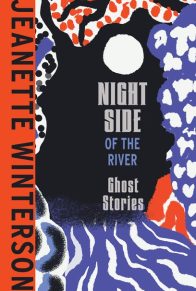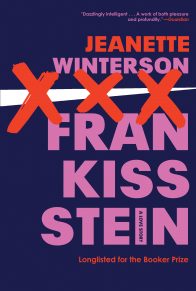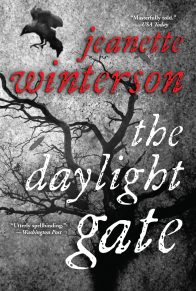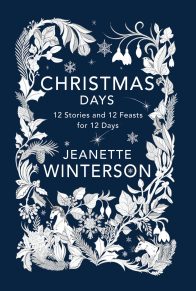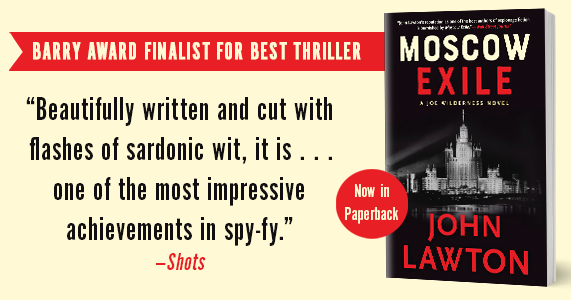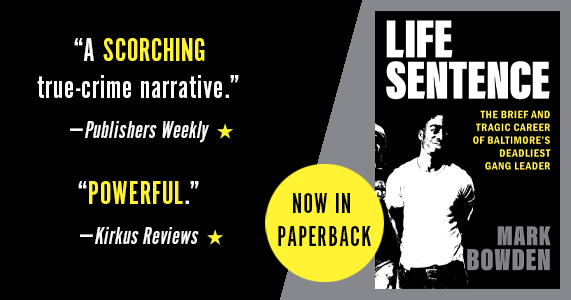The free man never thinks of escape.
In the beginning there was nothing. Not even space and time. You could have thrown the universe at me and I would have caught it in one hand. There was no universe. It was easy to bear.
This happy nothing ended fifteen aeons ago. It was a strange time, and what I know is told to me in radioactive whispers; that’s all there is left of one great shout into the silence. What is it that you contain? The dead. Time. Light patterns of millennia opening in your gut. Every minute, in each of you, a few million potassium atoms succumb to radioactive decay. The energy that powers these tiny atomic events has been locked inside potassium atoms ever since a star-sized bomb exploded nothing into being. Potassium, like uranium and radium, is a long-lived radioactive nuclear waste of the supernova bang that accounts for you.
Your first parent was a star. It was hot as hell in those days.
It was Hell, if hell is where the life we love cannot exist. Those ceaseless burning fires and volcanic torments are lodged in us as ultimate fear. The hells we invent are the hells we have known. Hell is; was not, is not, cannot. Science calls it the world before life began—the Hadean period. But life had begun, because life is more than the ability to reproduce. In the molten lava spills and cratered rocks, life longed for life. The proto, the almost, the maybe. Not Venus. Not Mars. Earth.
Planet Earth, that wanted life so badly, she got it.
Moving forward a few billion years, there was a miracle. At least that’s what I call the unexpected fact that changes the story. Earth had bacterial life, but no oxygen, and oxygen was a deadly poison. Then, in a quiet revolution as explosive in its own way as a star, a new kind of bacteria, cyanobacteria started to photosynthesise—and a bi-product of photosynthesis is oxygen. Planet earth had a new atmosphere. The rest is history. Well not quite. I could list for you the wild optimism of the Cambrian era, pushing up mountains like grass grows daisies, or the Silurian dream-days of starfish and gastropods. About 400 million years ago, shaking salt water from their fins and scales, the first land animals climbed out of the warm lagoons of the vast coral reefs. The Triassic and Jurassic periods belong to the dinosaurs, efficient murder weapons, common as nightmares. Then three or four million years ago—chancy and brand new – what’s this come here—a mammoth and something like a man?
* * *
The earth was amazed. Earth was always strange and new to herself. She never anticipated what she would do next. She never guessed the coming wonder. She loved the risk, the randomness, the lottery probability of a winner. We forget, but she never did, that what we take for granted is the success story. The failures have disappeared. This planet that seems so obvious and inevitable is the jackpot. Earth is the blue ball with the winning number on it.
Make a list. Look around you. Rock, sand, soil, fruit trees, roses, spiders, snails, frogs, fish, cattle, horses, rainfall, sunshine, you and me. This is the grand experiment called life. What could be more unexpected? All the stories are here, silt-packed and fossil-stored. The book of the world opens anywhere, chronology is one method only and not the best. Clocks are not time. Even radioactive rock-clocks, even gut-spun DNA, can only tell time like a story.
When the universe exploded like a bomb, it started ticking like a bomb too. We know our sun will die, in another hundred million years or so, then the lights will go out and there will be no light to read by any more.
“Tell me the time” you say. And what you really say is “Tell me a story.”
“Here’s one I haven’t been able to put down.”





